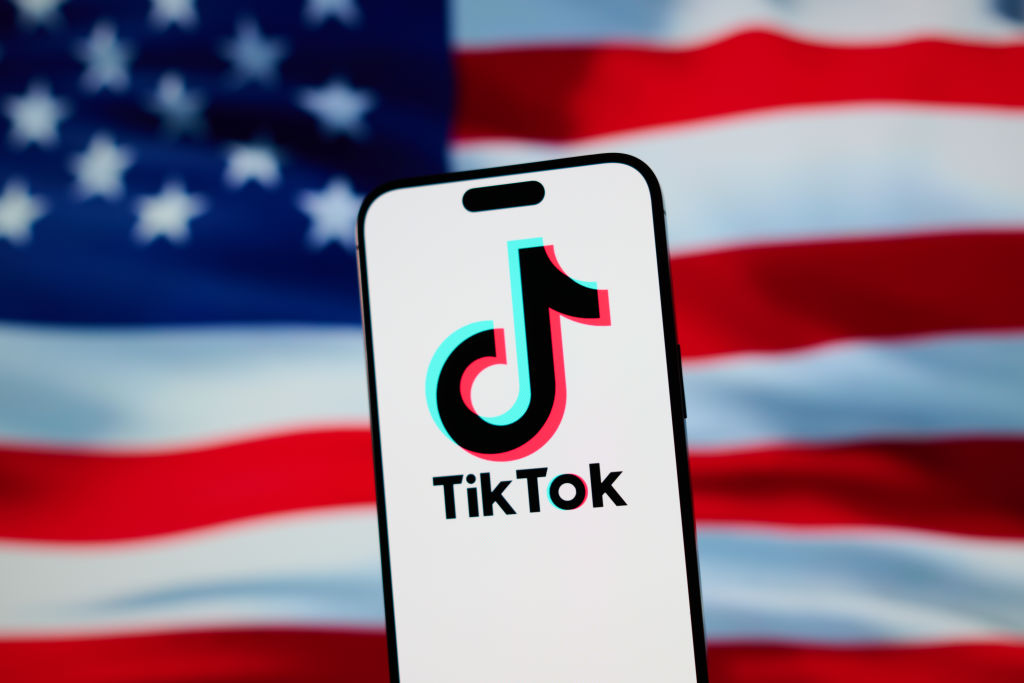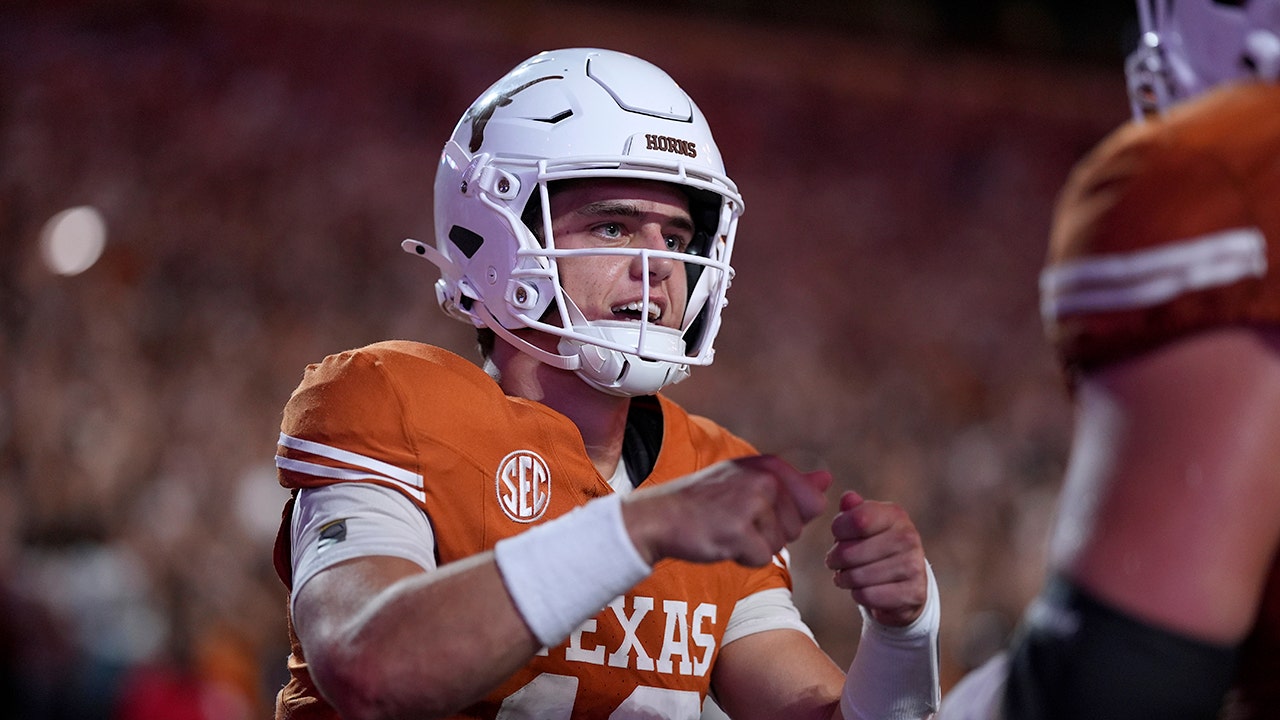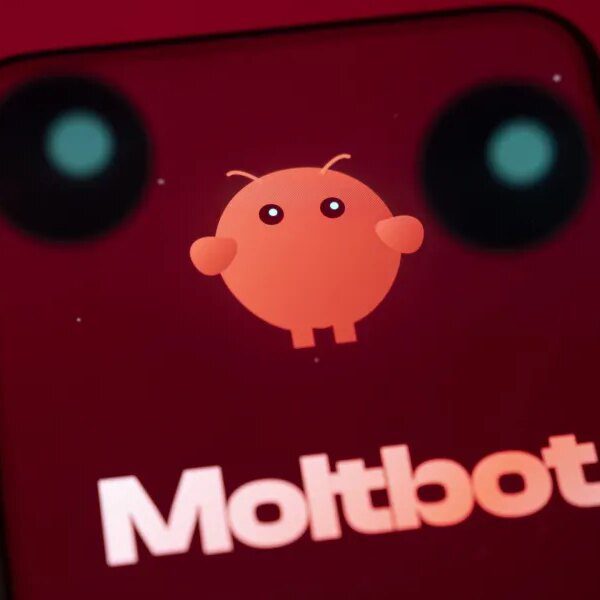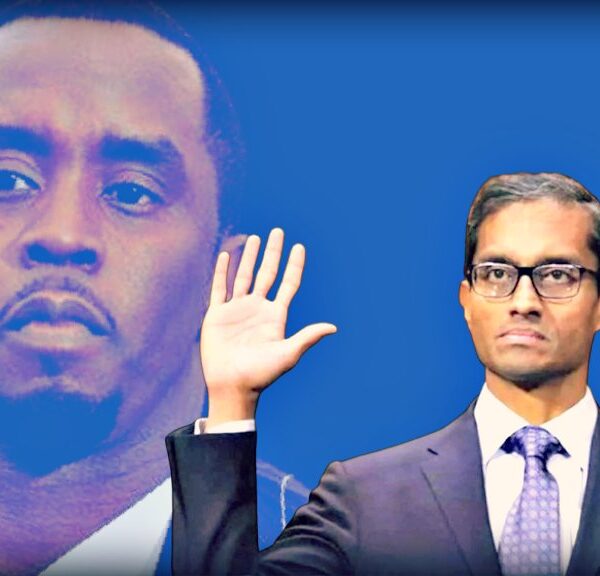Amid the debate over AI’s role in limiting job opportunities for Gen Z, there is also the fact that for decades many parents have been encouraging their kids to go to college.
That means the share of the workforce with a bachelor’s degree is larger than it was in prior generations, creating a new dynamic for Gen Zers who have just finished college and are looking to launch their careers.
In a note on Thursday, Ed Yardeni, president and chief investment strategist at Yardeni Research, examined unemployment among recent college grads and the potential factors contributing to it.
He pointed out that graduates from the age of 22 to 27 have historically enjoyed a lower jobless rate than the overall workforce. But that started to change around 2015—well before the advent of OpenAI’s chatbot in late 2022 and the rush into generative AI that followed.
In fact, data compiled by the New York Fed shows that the unemployment rate for recent grads edged above the total rate in December 2014, when it was 5.6% versus 5.5%. The years that followed saw the two rates go back and forth, trading places.
But during the pandemic, joblessness among recent college grads began consistently exceeding the overall rate. And in early 2022, the separation between the two trend lines started widening.
By contrast, the jobless rate for all college graduates across every age group has stayed well below the total rate for at least 35 years.
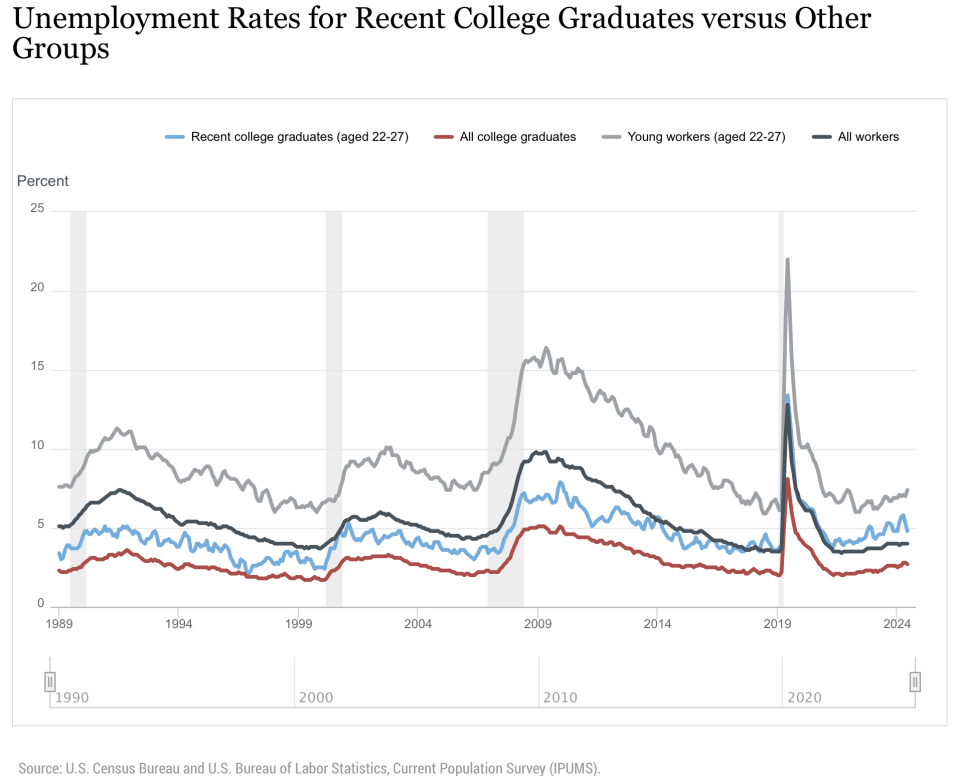
New York Fed
According to the latest data, the unemployment rate for recent grads was 4.8% in June, while it was 4.0% for all workers.
“Why this change? It may be due to the increase of college educated people in the workforce generally these days, so the new entrants are competing for jobs with more experienced college graduates,” Yardeni wrote.
Citing the Education Data Initiative, he added that the percentage of Americans with a bachelor’s degree or higher is now 37.5%, up from 25.6% in 2000. And between 1993 and 2023, the number college graduates soared 74.9% while those with only a high school diploma increased 14%.
Meanwhile, a separate New York Fed analysis that breaks down unemployment rates by college major shows that graduates with degrees in computer engineering, computer science, physics, and information systems and management have higher jobless rates than workers overall.
“This suggests that too many kids opted to go into computer-related fields and faced a tougher time than expected landing a good job,” Yardeni said.
To be sure, evidence is mounting that AI is shrinking opportunities, especially at the entry level. And Yardeni highlighted a recent survey by Cengage Group that showed AI is among the top reasons that more employers plan to hire the same or fewer entry-level workers than last year.
But he also cited a 2023 paper by the National Bureau of Economic Research that found that AI actually resulted in corporations having more lower-level employees who are able to use the technology, which allowed them to make decisions without management, creating a flatter organization.
And don’t forget President Donald Trump’s tariffs, which have stoked some inflation and boosted uncertainty about the economy, making it difficult for companies to plan ahead and grow their headcount, Yardeni added.
Others on Wall Street are also skeptical about AI’s role in the Gen Z job crisis. UBS chief economist Paul Donovan described the U.S. labor market as peculiar, pointing out that young workers in the euro zone have record low unemployment, their rate in the U.K. has fallen steadily, and their labor participation in Japan is near all-time highs.
“It seems highly implausible that AI uniquely hurts the employment prospects of younger US workers,” he wrote in a note on Friday.
But after years of being told that college was a necessity to get a good job, the pendulum may be swinging the other way. Trade jobs have become more popular, especially among Gen Zers who relish the idea of not being stuck in front of a computer and see a future that’s not so vulnerable to AI.
At the same time, the Gen Z job crisis is colliding with the student debt crisis, making young people more reluctant to borrow massive amounts of money to obtain a degree with questionable value.
Not surprisingly, Americans have a much dimmer view on college now. According to a Gallup Poll earlier this month, only 35% say going to college is “very important” — a record low — down from 51% in 2019 and 75% in 2010.


